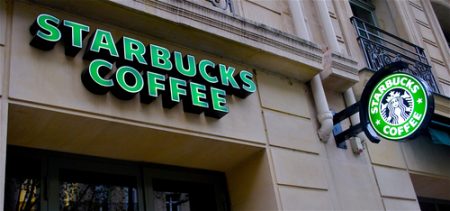The Council for Education and Research on Toxics released a lawsuit against coffee vendors in the state of California, forcing to put cancer warnings on labels. The lawsuit forces to comply with Proposition 65. Over millions of dollars have been taken from coffee brewers such as Starbucks for the same cancer sign warning violations till this day. As on the new warning sign, it will be written advising of the existence of the chemical called acrylamide that causes cancer in many ways.
Some of the vendors already seek way and paid to get out of the lawsuit. The trial judge ruled in the council’s favor on the merits. A hearing is planned to take place on Monday and to last several weeks. It will precisely deal with what damages should be awarded. The companies are searching for a way to appeal the ruling before the hearing.
Coffee takes a big part in our lives, especially in a state that is full of workaholic people. What do they need to start a day? Coffee! What keeps them awake during the day? Yes, coffee! And here comes cancer, a dangerous disease which takes lives and leaves people with no hope. The thing is, with drinking too much coffee, cancer comes of its own.
One aspect of the case has received little public attention: A ruling against the coffee vendors would violate the 1st Amendments of the United States Constitution.
The warning sign changes are hardly new. On cigarette boxes you may find a warning for pregnant women, saying “may result in fetal injury, premature birth and low birth weight.” On bottles of whines, there is a warning saying, “consumption of alcoholic beverages impairs your ability to drive a car.” And that is about Proposition 65, it forces to label warning of chemicals which can cause cancer or reproductive toxicity.
The council refers to all coffee purchasers to put differently and to be warned of the disease cause. And the company owners must put the labels as they are. If the coffee “contains acrylamide, a chemical known to the state to cause cancer,” the warning should be just like that.
In its court filings, the council admits that if the warning were to say, “coffee causes cancer” or “coffee is known to the state to cause cancer,” maybe that can be misleading for people. It further concedes that compelling coffee sellers to provide such a warning would violate the 1st Amendment. But so does the acrylamide-coffee warning they propose.
Sometimes complicated issues are raised when the state tries to require entities to provide information to the public that they choose not to provide. But the coffee case isn’t a close call. Coffee sellers owe no one millions of dollars for neglecting to warn their patrons about acrylamide. Forcing them to include a cancer warning on a product that does not cause cancer plainly violates the 1st Amendment.




